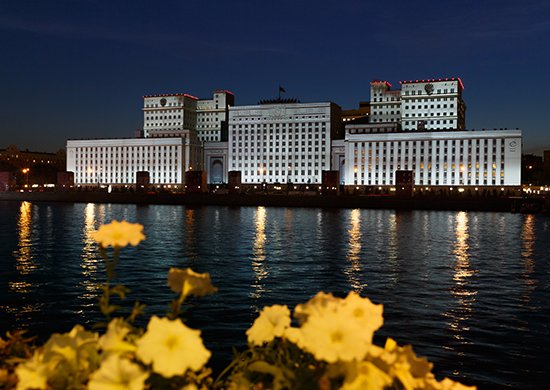1/ Under wartime pressure, Russian Railways is reportedly planning to conscript convicts to carry out heavy labour on the railway. Russia also faces a shortage of railway freight cars, as the manufacturers have been diverted into making tanks and troop-carrying wagons. ⬇️ 

2/ A leaked telegram issued by Russian Railways and published by the VChK-OGPU Telegram channel instructs regional bodies to work with the Federal Penitentiary Service of Russia to attract "contingents of convicts" to work on the railway, likely in the next few weeks.




3/ This is due to an acute shortage of personnel, which the state-owned operator attributes to the practical impossibility of recruiting men aged 30-39. The war economy (and likely competition from military recruitment) has made it hard to find new employees.
4/ Russian Railways reportedly does not want to raise salaries – with a workforce of over 740,000, this would almost certainly cost too much – and has turned instead to sending recruiters into Russia's prison colonies. They will be used to maintain the tracks and trains.
5/ While other Russian employers have turned to migrants from Central Asia, Russian Railways is reportedly unwilling to do so because of the need to work in sensitive facilities. It will replace existing migrant workers with convicts, who are presumably deemed more trustworthy.
6/ The war is also affecting the production of new railway wagons, tank cars, hoppers and other freight cars. They're now in short supply due to the main manufacturer, Uralvagonzavod (UVZ), switching its resources to producing tanks and other armoured vehicles for the war effort. 

7/ UVZ's production of freight cars halved in 2022 from 13,800 to 7,200 units. It fell still further in 2023, with production so far down to only 4,400 units. In contrast, UVZ's production of armoured vehicles has reportedly increased 400%.
8/ Some manufacturers have reduced freight car production even further – for instance, the United Carriage Company's production fell by 53% in 2022. Throughout Russia, production is down 20.4%. The cost of freight cars has risen by a third as a consequence.
9/ At the same time, UVZ has turned to recreating a type of military rail transport originally designed in the 19th century to carry men and horses – the teplushka, a covered wagon with sliding doors and gun ports in the sides. They were used until the 1950s.




10/ An announcement says that they are "planned to be used as part of special trains for transporting personnel and property" and have been equipped with berths, gun ports, ventilation hatches and heaters to keep their occupants warm. They are developed from cargo wagons.
11/ It's likely that the new-look teplushki, which are functionally very similar to the predecessors made by UVZ in the 1930s, are intended to be used to transport fresh troops to Ukraine more efficiently than the buses that have previously been used. /end
Sources:
🔹
🔹
🔹
🔹
🔹 t.me/vchkogpu/43895
svoboda.org/a/tanki-vmesto…
rzd-partner.ru/zhd-transport/…
forbes.ru/biznes/500543-…
rostec.ru/news/uralvagon…
🔹
🔹
🔹
🔹
🔹 t.me/vchkogpu/43895
svoboda.org/a/tanki-vmesto…
rzd-partner.ru/zhd-transport/…
forbes.ru/biznes/500543-…
rostec.ru/news/uralvagon…
• • •
Missing some Tweet in this thread? You can try to
force a refresh

 Read on Twitter
Read on Twitter











